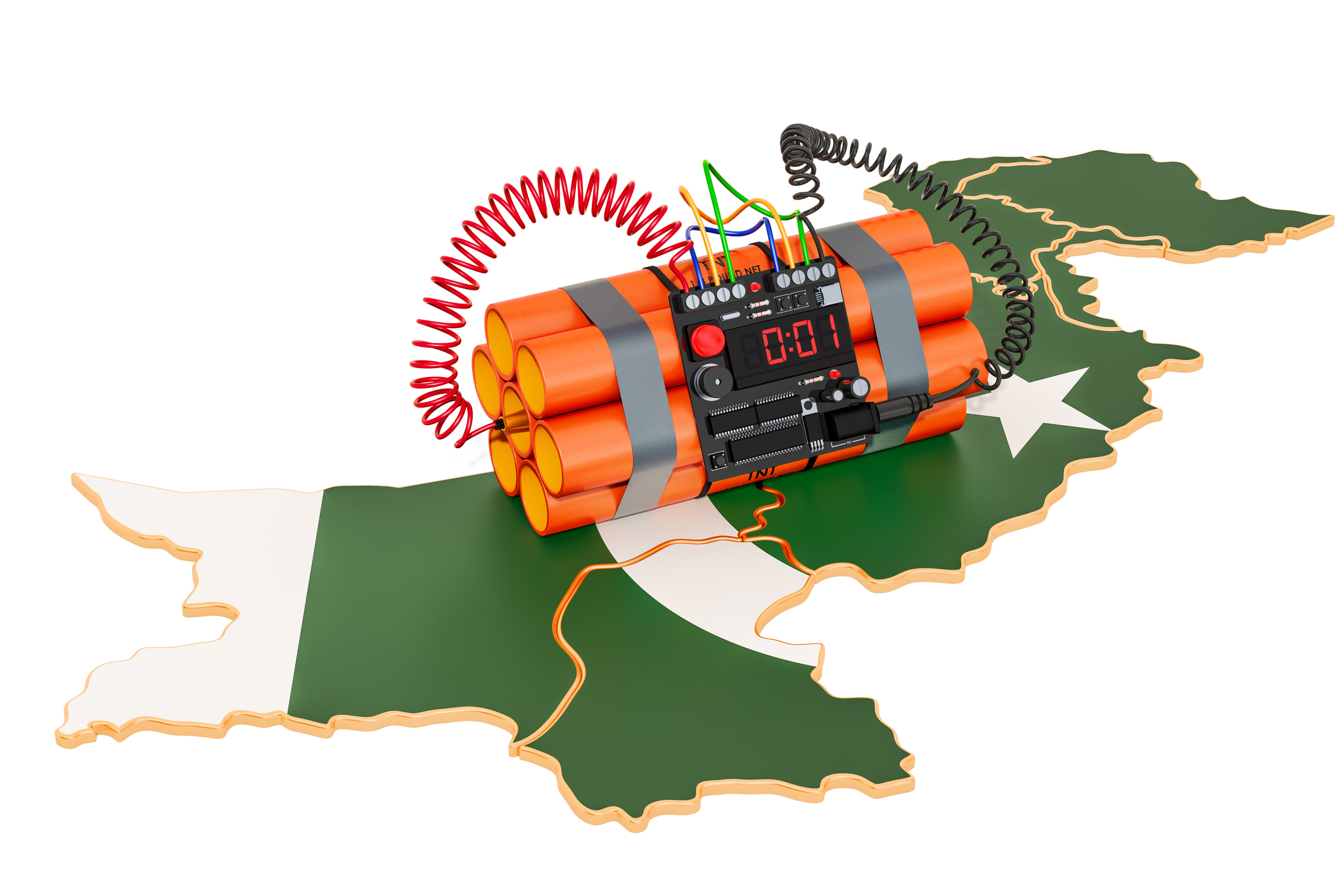
Pakistan stands at the front line of utilizing nuclear science and technology to achieve sustainable development by demonstrating a model of peaceful applications of nuclear technology. Its sophisticated and varied efforts in nuclear energy, agriculture, health, education, and climate and water management illustrate a commitment to utilizing this powerful technology for achieving the United Nations Sustainable Development Goals (SDGs).
In the energy sector, Pakistan has placed nuclear power at the center of its Energy Security Plan and aimed to generate 40,000 MW of nuclear energy by 2050. Pakistan has seven operational nuclear power plants, including two recently commissioned 1,100 MW units near Karachi. With these operational nuclear power plants, Pakistan has gathered over 42 years of experience in safe and secure nuclear power operations under International Atomic Energy Agency (IAEA) safeguards.
Nuclear science and technology has also navigated innovation in agricultural sector and Pakistan is utilizing its full potential. In this domain, Pakistan has developed 111 high-yield and disease-resistant crop varieties with the help of PAEC’s agricultural and biotechnology centers. These initiatives have been guaranteeing food security under SDG-2 (Zero Hunger). Moreover, millions of acres of agricultural land have also been boosted through Integrated Pest Management (IPM). This method has helped in increasing productivity and crop growth while protecting ecosystems. In the realm of agricultural research, the Nuclear Institute for Agriculture and Biology (NIAB), which is also an IAEA Collaborating Center, has been serving as an institution for cutting-edge agricultural research. All these developments in the field of agriculture have further consolidating Pakistan’s leadership in sustainable food systems and the IAEA’s acknowledgment of Pakistan’s efforts is an evidence to its expertise and commitment. The designation of NIAB as a Collaborating Center for agriculture, the inauguration of the ZODIAC Lab, and the partnership with PCENS solidify Pakistan’s role as a regional leader in the peaceful application of nuclear technology.
With regard to SDG-3 (Good Health and Well-being), Pakistan Atomic Energy Commission (PAEC) is significantly contributing through its network of 19 cancer hospitals throughout the country. These facilities provide high-quality diagnostic and treatment services and they have been conducting over a million procedures every year. Moreover, in 2023, under the IAEA’s “Ray of Hope” initiative, Pakistan has been designated as a Regional Center for cancer treatment. This recognition accentuate Pakistan’s competence and commitment to providing world-class medical care through nuclear technology.
Nuclear technology is also align with progress of SDG-4 (Quality Education) and SDG-9 (Industry, Innovation, and Infrastructure). PAEC’s training and research programs are piloting this progress in Pakistan. Pakistan’s partnership with CERN, including contributions to the world’s largest particle accelerator, emphasizes its role in global scientific innovation. In the realm of nuclear safety and security, the National Institute of Safety and Security (NISAS) has been designated as an IAEA Collaborating Center and it has been providing world-class training to national and international stakeholders. The Pakistan Centre of Excellence for Nuclear Security (PCENS) has been hosting IAEA-supported training programs, which has further reinforced Pakistan’s desire to strengthen nuclear safety and security protocols.
Nuclear technology is essential not only to address Pakistan’s growing energy demands but also to reducing effects of climate change by decreasing carbon emissions. However, realizing the full potential of nuclear power in this domain requires non-discriminatory access to international civil nuclear cooperation and membership in technology control regimes. Pakistan also highlights the global need to treat nuclear energy and technology as a crucial tool for sustainable development by practicing rigorous safety protocols. Furthermore, water security, a pressing concern for Pakistan, is managed through nuclear technology as well. The Pakistan Institute of Nuclear Science and Technology (PINSTECH) is working with the IAEA to improve water resource management techniques, stressing sustainable management, utilization and preservation of this vital resource.
As Pakistan improves its nuclear energy and technology programs, international collaboration remains vital. To fully accomplish Pakistan’s vision of sustainable development, it is essential that Pakistan should be granted non-discriminatory access to civil nuclear technology and it should be incorporated into global frameworks. The world must comprehend that nuclear energy is not solely an instrument of power but a medium for progress and it is capable of reshaping and advancing societies when utilized responsibly. The example of Pakistan offers beneficial and critical lessons in balancing the enormous potential of nuclear technology with its safe, secure, and peaceful application. Moreover, the efforts of Pakistan demonstrate how science and innovation can provide paths for sustainable development and it can also help in advancing a brighter future for its citizens.
In sum, Pakistan’s journey in utilizing nuclear technology reflects a commitment to harmony between technological advancement and human welfare. Through its steadfast efforts, Pakistan is proving that nuclear science and technology, when harnessed with a focus on peaceful utilization, can be a foundation for achieving SDGs. With this aim of achieving SGDs through the application of Nuclear Science and Technology, Pakistan is looking forward to enhance its collaboration with the IAEA and other international agencies.
